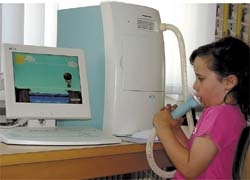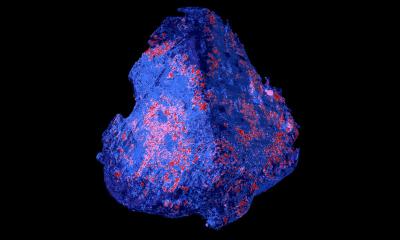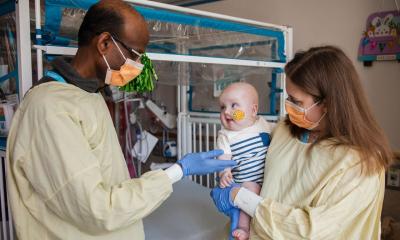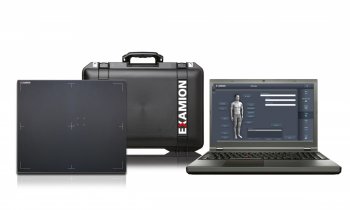Asthma - Bavaria's novel care programme for youngsters
Thousands of children are hospitalised annually due to acute asthma attack. Special treatment, adapted to their individual needs, could prevent such emergencies.

To that end, a new care programme for asthmatic patients, aged 2–18 years, has been set up by Techniker Krankenkasse (TK), a German public health fund, in partnership with paediatricians in the PaedNetz-Bayern association; the asthma centre CJD Berchtesgaden, and the Santa Maria Clinic in Bad Hindelang-Oberjoch.
Within this integrated care programme paediatricians also offer patient’s parents special training courses in relevant techniques for inhalation and tension release, as well as the use of medication.
‘The participating doctors have special qualifications and are informed about the course of disease of each individual patient,’ explained Helmut Heckenstaller, head of TK in Bavaria. ‘Thorough care that is organised and overseen by the paediatrician guarantees that treatment is provided quickly and effectively.’ In addition, he added, ‘If necessary, we can complement out-patient treatment at our partner institutions in Berchtesgarden and Bad Hindelang-Oberjoch, where children can visit so-called asthma camps with their parents and siblings. Beside trainings courses, the patients partake in special sports programmes where they learn how to ideally map out their recreational activities.’
The centres also provide schools, so that children do not miss their education during their stay.
Details: www.tk-online.de/lv-bayern and www.paednetz.de
30.08.2006






